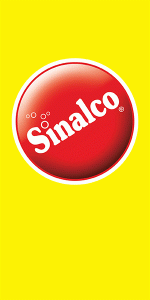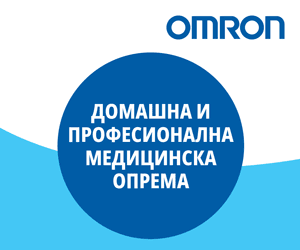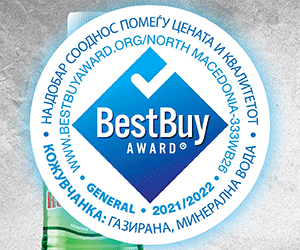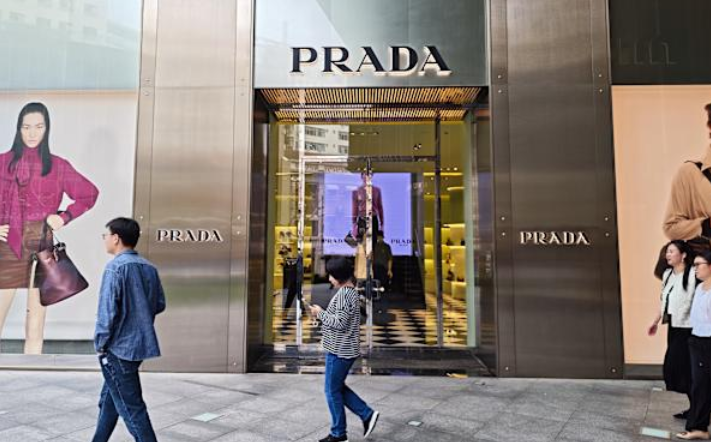MILAN (Reuters) – Prada’s deal to buy Versace revives hopes for a ‘Made in Italy’ luxury champion after many other family-founded brands ended up in French, Swiss or U.S. hands, and comes as many Italian groups are outperforming the struggling sector. The $1.375 billion deal brings one of fashion’s best-known Italian labels back under Italian control after it was sold to U.S-listed Capri Holdings, then known as Michael Kors, for $2.15 billion including debt in 2018. Despite Italy accounting for 50% to 55% of global personal luxury goods production, according to consultancy Bain’s estimates, the country lacks a group with a scale that matches up to French players such as LVMH and Gucci-owner Kering. Milan-based Prada, controlled by designer Miuccia Prada and husband Patrizio Bertelli and listed in Hong Kong with a market capitalisation of about 14 billion euros ($15 billion), is the largest Italian luxury fashion group by revenue.
But the group, which also includes the fast-growing Miu Miu label, has been a relative minnow in terms of stock market valuation compared with the likes of Louis Vuitton-owner LVMH. The Versace deal comes after Andrea Guerra became Prada’s CEO in 2023 to bridge a change in generation, with Lorenzo Bertelli, the son of the company’s main owners and its chief marketing officer, regarded as the heir apparent. “Prada’s ambition to become a leading Italian luxury conglomerate is a significant move in a market that is dominated by French groups. It’s exactly what many Italians have been hoping for”, said Achim Berg, a fashion and luxury industry adviser. The combined revenue of the five biggest Italian-owned listed luxury groups – Prada, Moncler, Ermenegildo Zegna, Brunello Cucinelli and Ferragamo – is still well below Kering’s roughly 17 billion euros, even after a big fall in sales at the French group last year. Company founder Brunello Cucinelli summed up the difference in approach on the two sides of the Alps in typically colourful fashion. “Our esteemed French counterparts are great financiers,” he told the Milano Fashion Global Summit 2024 last October.


“But we Italians regard our ‘tiny big’ companies as if they were our little children, so we want to look after them and hand them down to a next generation,” he added. AMBITIOUS MOVE While LVMH and Kering have swallowed many Italian brands, even the larger Italian groups have until now been comparatively reluctant to make big acquisitions. “This acquisition represents Prada’s serious attempt to build a group – and a much more ambitious one compared to their past ventures with Helmut Lang and Jil Sander,” Berg said.





































